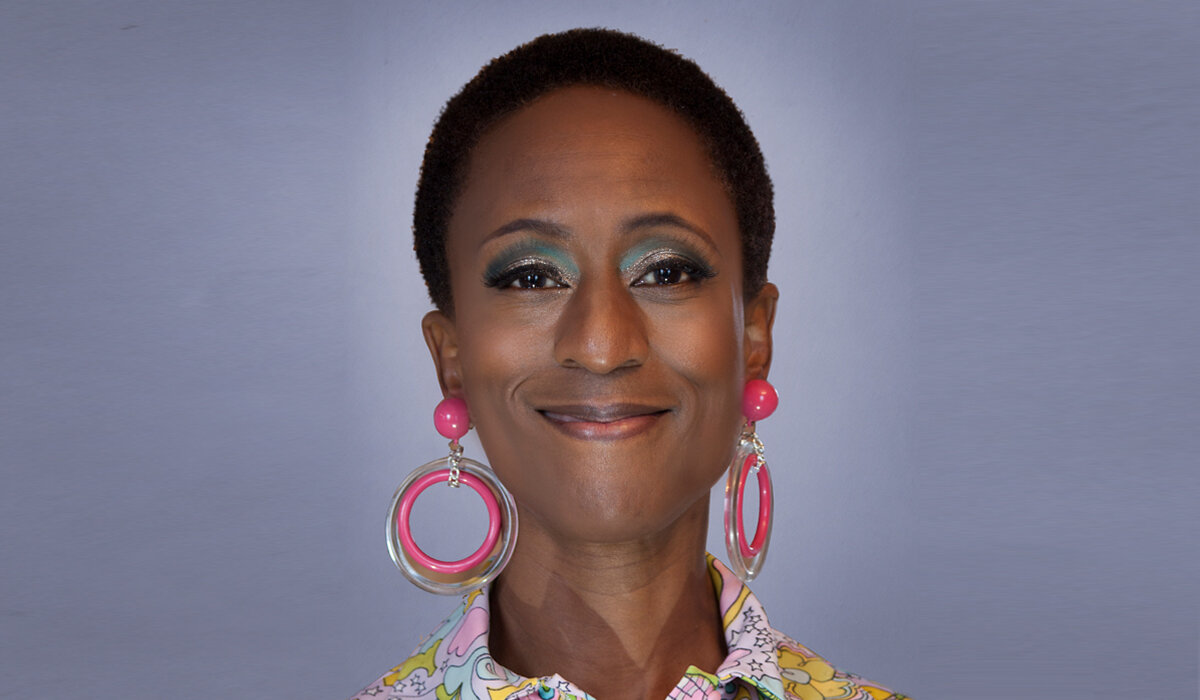
"I want to inspire autistic girls out there with a strong autistic heroine."
Patience Agbabi
- on writing her novel 'The Infinite'
Photograph: Lyndon Douglas
Stories from the Spectrum: Patience Agbabi 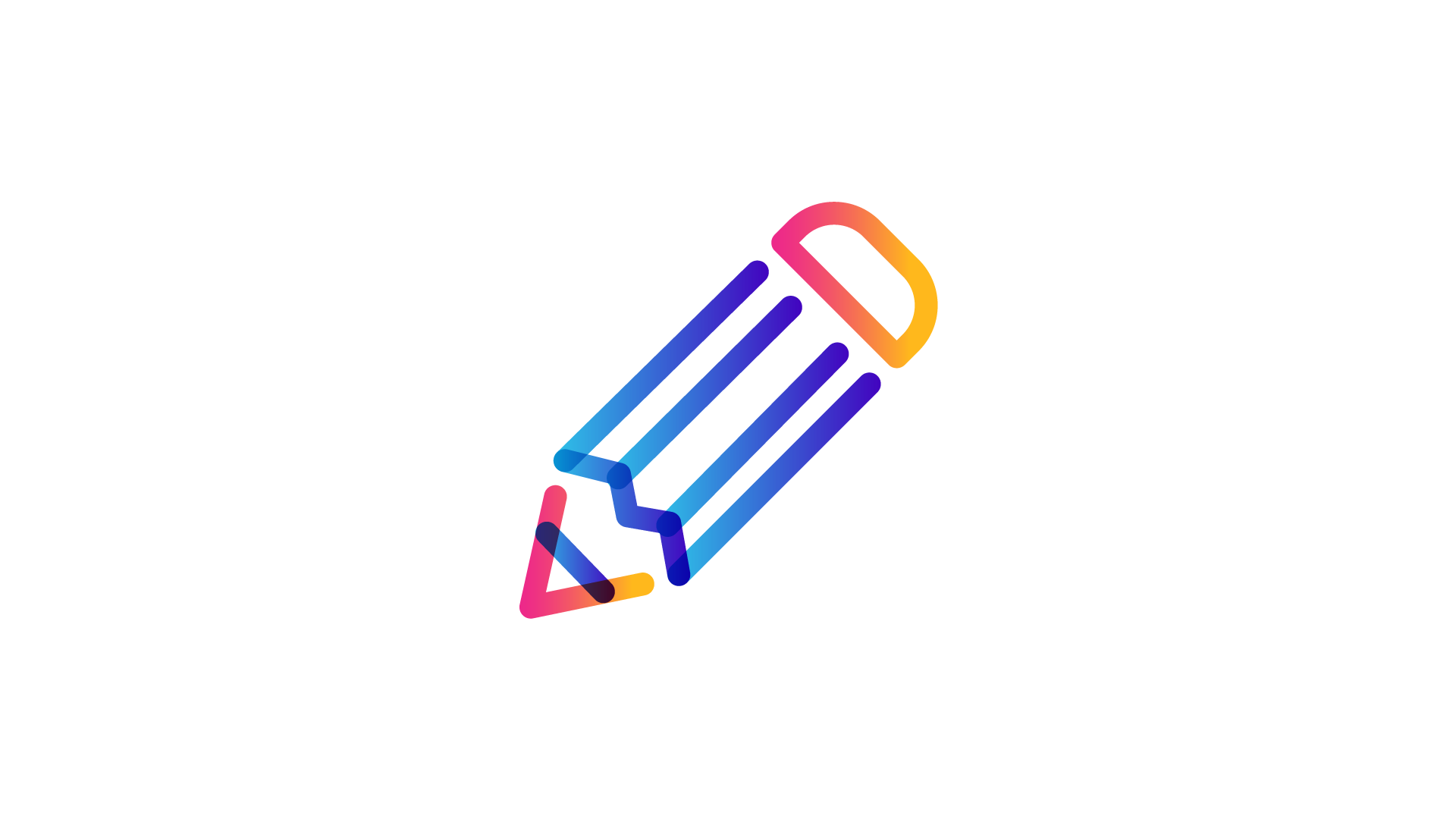
Meet Patience Agbabi, a poet, performer and mum to Solomon, 14, who is autistic.
Patience tells us about her new book, The Infinite, a time-travelling adventure story featuring a 12-year-old autistic heroine called Elle, the inspiration behind the book, and fundraising to help create a society that works for autistic people…
At what age was Solomon diagnosed as autistic and why did you seek a diagnosis?
My oldest son, Solomon, was five when he got his autism diagnosis. The process took two years. He loved books, Thomas the Tank Engine and had a cheeky sense of humour. However, he’d always had difficulties with changes in routine; took time to process speech (although responded instantly when prompted by his younger brother, Valentine); and had sensory sensitivities to loud, sudden noises. He also had a limited diet and ichthyophobia (fear of fish).
On his third birthday, he had an extreme meltdown where on top of his usual piercing screams, his body was violently jerking. He took an hour to calm down. He had daily meltdowns but never with this physical response. It happened two days later when he woke up. I made a doctor’s appointment. He’d overnighted in hospital as a toddler after a suspected petit mal seizure and I didn’t want to take any chances. On the walk to the surgery, it happened again. I called an ambulance. By the time we reached the hospital, he’d calmed down and they said there was nothing physically wrong with him. They asked for my opinion and I said: I think he might be autistic. That triggered the diagnostic process.
It was two years of appointments where we were asked the same questions again and again about his behaviour since birth. What was blatantly obvious to us was escaping health professionals because they didn’t see him day to day. I distinctly remember listing Solomon’s sensory sensitivities and being told that though many families referred to them, they ‘were not part of the diagnostic criteria.’ I’m glad to say, they changed the diagnostic criteria in 2013 to include them! Solomon’s sensory sensitivities caused him much more distress than his communication anxieties.
When we finally got the diagnosis, I felt relieved. Without it, Solomon was labelled naughty and I was viewed as an overanxious, deluded mum. With it, his school took me seriously. We had access to courses like the National Autistic Society’s EarlyBird Plus and were able to get a Solomon a Statement (now EHC Plan). Also, when strangers rolled their eyes at Solomon’s behaviour in public, I could tell them, ‘He’s autistic.’ Then they’d respond more sympathetically.
Tell us about your new book, The Infinite…
It’s a time-travel adventure story featuring a 12-year-old autistic heroine called Elle. Elle is a Leapling, born 29 February. In this fictional world, like a tiny percentage of Leaplings, Elle has The Gift to leap through time. On her twelfth birthday, Elle and her best friend, Big Ben, go on a school trip to 2048. Elle has received a mysterious text from the future – Leaplings are disappearing in time. Elle must overcome her difficulties to save the world, find her voice and make new friends.
Elle’s main challenge is coping with unexpected events. She becomes tongue-tied, unable to speak, and must take time out. Although she loves wordplay and is very articulate, sometimes her words come out the wrong way or at the wrong time, which causes her anxiety. She also has sensory sensitivities, for example she only eats white food. Big Ben is also autistic and has anger management issues. He has dyslexia too. There are other, older autistic characters. Kwesi, a non-verbal autistic graffiti artist, who is very visual and celebrates his skills by being an Autistic Street Designer. MC2 has ADHD: he can disappear and reappear on the spot. The Infinite has as many autistic characters as it does non-autistic characters, reflecting the world as I see it.
What was the inspiration behind the book?
There were lots of inspirations but the very first idea was to tell a story in the voice of an autistic girl. I know several creative autistic girls, (and boys) and felt they weren’t being represented in literature. Autistic mathematicians and scientists seem to dominate so I set out to celebrate an autistic girl, a black autistic girl, who has language and athletics as her special interests (mirroring my own). My first notes sketched a friendship between an autistic girl in 2020 and a non-autistic girl from 1920 who’d been asleep for 100 years, based on Sleeping Beauty. I wanted to show the autistic girl helping the 1920’s girl to adjust to 21st century sensory overload. In the original fairy tale, she’s a teenager but once I got interested in leap years I decided 12 was the ideal age. I aimed to tell a larger story over four books, a leap cycle of four years, enabling the reader to follow Elle from 12 to 16. I submitted it as Young Adult but my publishers decided, with my 12-year-old protagonist, it would be more suitable for the 8-12 age range.
What do you hope the impact of the book will be?
To inspire autistic girls out there with a strong autistic girl heroine. To broaden people’s minds on autistic experience with the hope that Elle’s capacity for empathy will help the reader to empathise with Elle and her friends. To raise awareness and representation of autistic women and girls. Elle is unique, she doesn’t represent all autistic girls. And she’s a fictional character. But I hope her existence inspires all readers and challenges stereotypes. I also hope the reader will question how we treat the planet, the impact of the present on the future.
"I want my book to inspire autistic girls out there with a strong, autistic, female heroine."
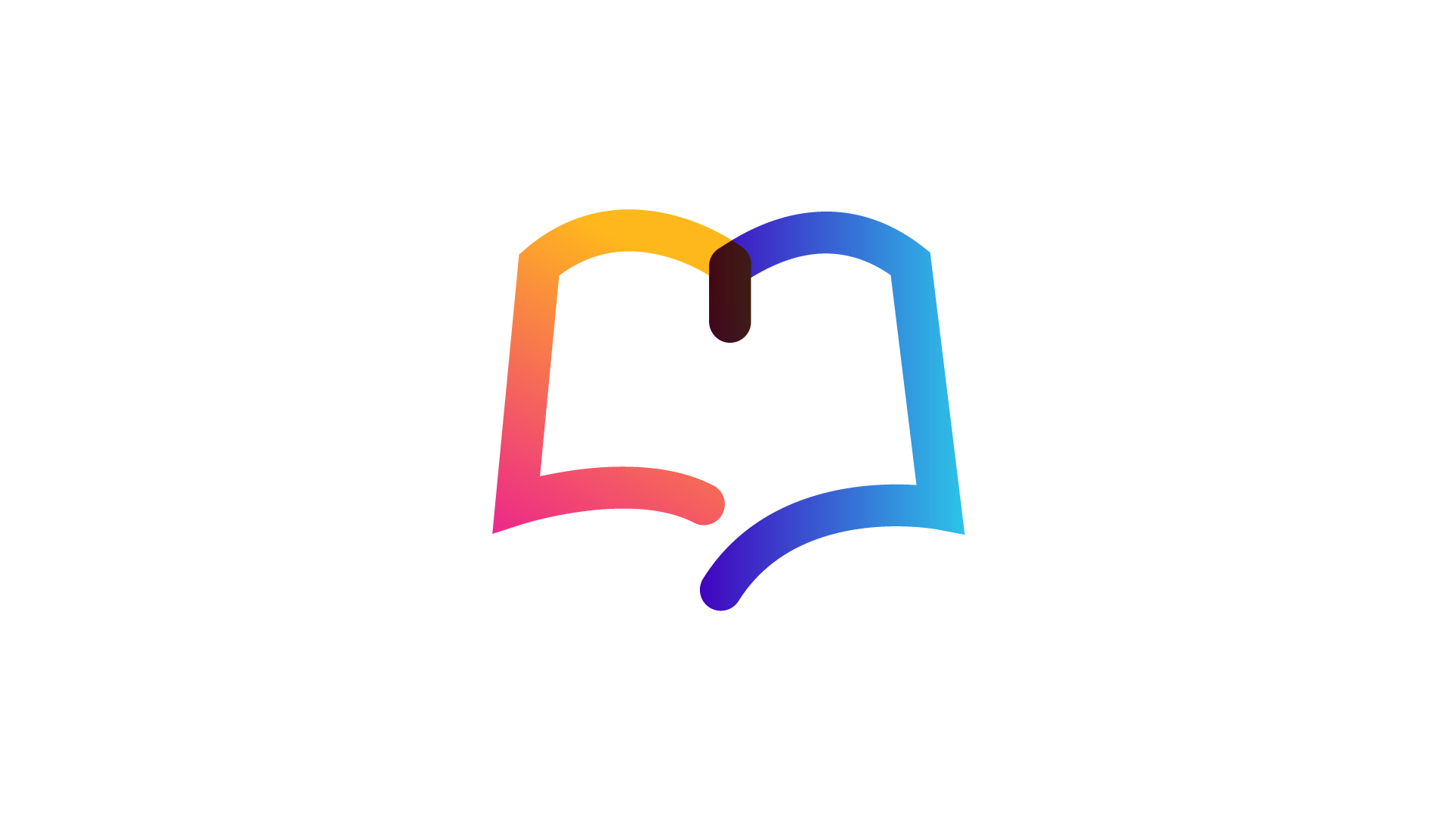
You’ve written poetry for 20 years, what inspired you to change form and write your first novel?
My previous poetry book, Telling Tales, was a remix of Chaucer’s Canterbury Tales. Character and narrative featured heavily and I found it difficult to write poetry after that! Once I had the name, Elle, and established she’d be a time-travelling Leapling, I brainstormed names that related to time. Noon was one of the first characters I was especially pleased with: like Elle, the name’s a palindrome, reading the same way backwards and forwards AND relates to time. The characters’ names helped me to form their voices and personalities and create the plot. I write prose like I write poetry; it’s wordplay-led. I found myself spontaneously creating dialogue and enjoyed ‘hearing’ them speak.
When I write poetry, I love working with strict forms like the sonnet. Half-way through writing The Infinite, it struck me that it would be fun to have 24 chapters to mirror the 24-hour clock. That became my external form and made it even more fun to write.
We know anecdotally women and girls are diagnosed later than men and boys. Why do you think this is?
I think the diagnostic criteria are still weighted towards boys because back in the 1940s, it was mainly boys who were studied by Asperger and Kanner. Girls often have special interests that are considered very natural for girls, like fantasy fiction, TV soaps and animals that mask their autism. Also, it’s assumed that autistic people lack empathy and don’t have an imagination and girls on average are more likely to be encouraged to be more empathetic and imaginative. Social conditioning is very strong, from families and other girls. Girls are better at masking their autism, fitting in.
The more I read about autism in women and girls, the more I suspect my late mother was autistic. She wanted friends but never managed to keep them; she had sensory sensitivities; she was extremely fixated on her religious faith. When Solomon was diagnosed, we were asked whether any other members of the family were autistic and we said no. But I wouldn’t say that now. I think autism presents more subtly in many women and girls.
Tell us about your fundraising for the National Autistic Society, walking 7k for 700k…
I originally wanted to RUN the 7k for 700k. It would combine my love of athletics with doing something useful for a brilliant cause. We’d benefitted as a family from National Autistic Society courses and I wanted to give something back. I got back into sprinting after a 34-year gap a couple of years ago and had done some strength-endurance training early in the Winter. But Spring training hadn’t gone well, so when I signed up, walking was the preferred option. However, a member of my athletics club encouraged me to run it at the track to get more profile for the fundraising. Once my scheduled trip to the USA was cancelled due to coronavirus, this was a viable option.
Then lockdown began, the track was closed and I reverted to my original plan: to walk seven times round my local park following the route of the junior parkrun. Disaster struck on the Monday of World Autism Awareness Week: I became ill with the virus myself. I was never tested and it was relatively mild but there was no way I could manage walking 1k, let alone 7k! Even if I’d had the energy, it was still necessary to isolate for seven days after showing symptoms.
The first day I could legitimately do the walk was the Monday after World Autism Awareness Week. It was a sunny day and a wonderful experience. Luckily, the park wasn’t too busy so I managed to maintain social distancing at all times. I think I walked much further than 7k trying to avoid people!
What advice would you give to a parent or guardian of a child who has just received an autism diagnosis?
It’s common to feel a mixture of emotions. Give yourselves time to digest it all. Tell your child about the diagnosis, however young they are. It’s important they have that self-knowledge. Knowledge is power. Now you’re more empowered as a family. Make use of supportive material online on websites like the National Autistic Society, online parent forums and local support groups if you need them. You are not alone!
How can society change to support autistic people in the future?
It’s outrageous the employment rate for autistic adults is only 32%, and only 16% in full-time work! Yet autistic people have exceptional gifts that could benefit society, if they’re able to play to their strengths. The book NeuroTribes by Steve Silberman suggests the internet was created by autistic people. The subtitle: The Legacy of Autism and How to Think Smarter about People Who Think Differently shows how creative it would be to employ people who think outside the box.
Employers need to change working conditions to accommodate autistic people from having a different interview process to enable them to play to their strengths, to having designated quiet spaces where people can decompress; enabling more working from home – we have the technology and the coronavirus crisis will help employers see just how much can be done remotely.
What advice would you give to aspiring autistic authors who would like to start writing, but might not know where to begin?
My advice is:
Start by reading
Read what inspires you and read different genres and forms: fantasy, science fiction, historical, comics, poetry or non-fiction books about a special interest. Reading inspires ideas: So do other creative forms. I get lots of inspiration from film, music and the visual arts. Find what works for you.
Next, buy a notebook
Choose one you like – my favourite notebook has two-tone sequins! Jot down ideas in the notepad.
Choose one of your favourite stories, poems, paintings or plots...
Write a version of it, substituting your own characters or images.
Finally...
Forget about the original and have fun making your piece of writing your own.
Good luck!
What's next for Solomon?
Solomon’s 14 now. He can cope with sudden loud noises and his sensitivities to background classroom noise have almost completely gone. He enjoys a healthy, varied diet and copes well with changes in routine. He’s writing a novel about people with special powers. He’s written 60,000 words so far.
He says, ‘I’ve finished the first section and started writing the second section. There’s a time lapse between the two…I enjoy writing a lot because it allows you to be immersed in your own creative world.’
Have you received any support from the National Autistic Society?
I’ve attended two National Autistic Society courses. Half-way through Solomon’s diagnosis process, I attended an excellent parent support day at the local Family Centre. I appreciate they let me attend prior to Solomon’s diagnosis. Post-diagnosis, we attended EarlyBird Plus which gave us lots of support strategies for Solomon in his school and home environment e.g. his teaching assistant made him a wonderful Thomas the Tank Engine work station and we began to use social stories very effectively. The course made a massive difference to Solomon and our family at a crucial stage of his life.
The Infinite by Patience Agbabi is available in paperback and ebook here (Canongate, £6.99/£5.59).
Step up to the virtual challenge
Are you up for a virtual challenge? Take on one of our many fundraising events at your own pace, from the comfort of your own home.
Similar stories
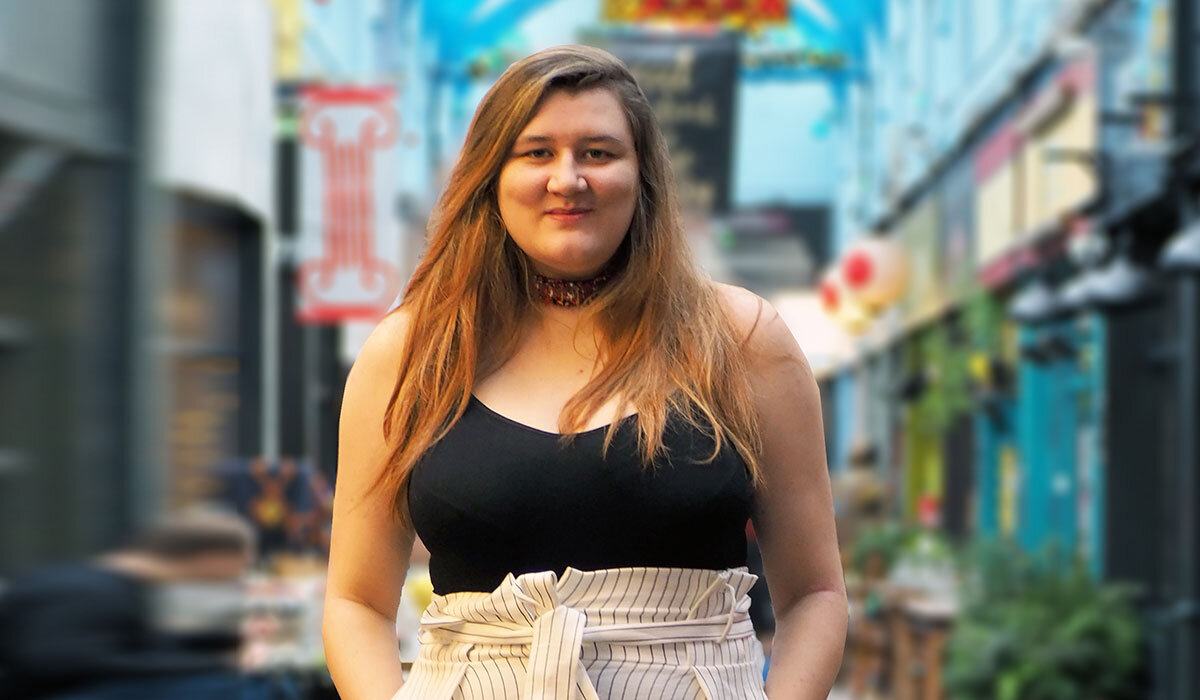
"I will continue to write about neurodivergent people and will never tire of it."
Elle McNicoll
- on writing her novel 'A Kind of Spark'
Read more
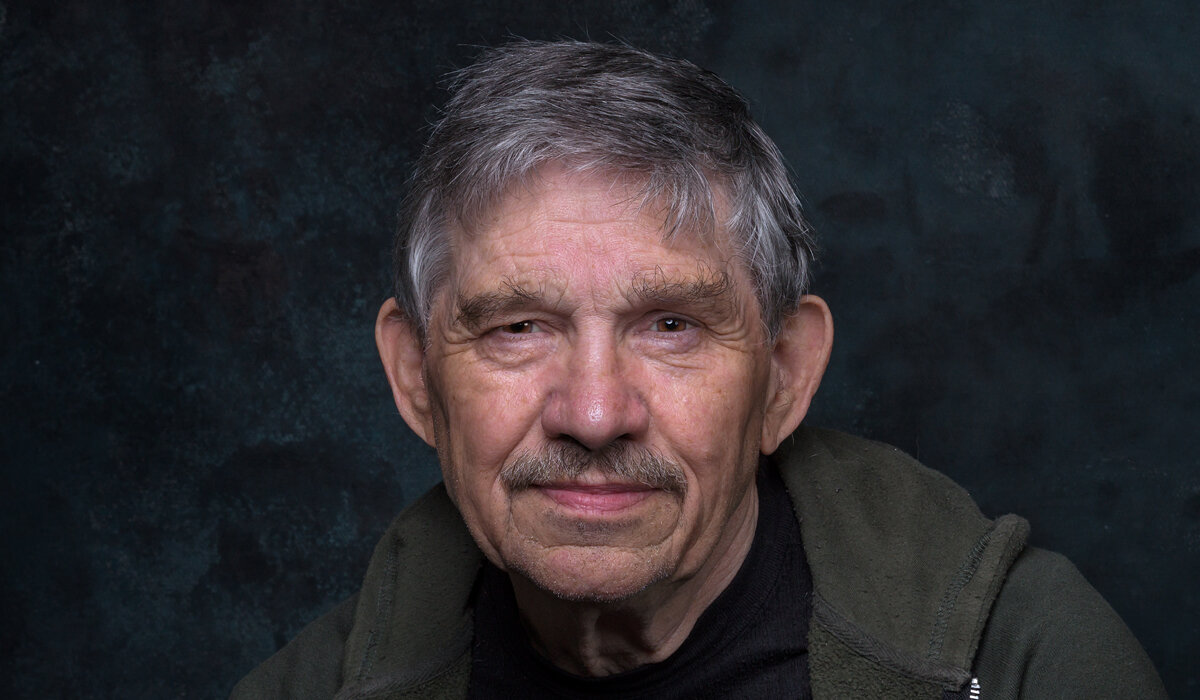
"Understanding that the way I process the world is different made me realise the ways I had been treated in the past were not my fault."
Peter Street
- on his late autism diagnosis
Read more

The Spectrum magazine
Explore one of the UK's largest collections of autistic art, poetry, and prose. The Spectrum magazine is created by and for autistic people, and is available both online and in print.
Read the Spectrum





You are not alone
Join the community
Our online community is a place for autistic people and their families to meet like-minded people and share their experiences.
Join today